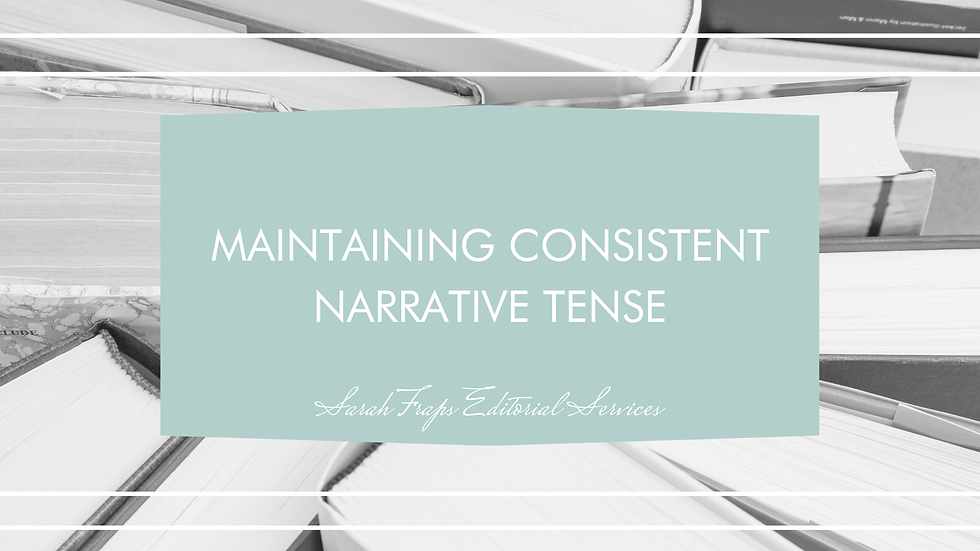Query Letter 101
- Sarah Fraps

- Sep 8, 2023
- 3 min read
A query letter is a formal letter that a writer sends to literary agents or publishers to introduce themselves and their work with the goal of securing representation or publication of their book. Agents and publishers receive letters and unsolicited manuscripts every day, and they are masters at skimming the first line or so of a query letter to determine whether that author's book is a match for them. Writing your query letter, therefore, requires careful planning and attention to detail to capture an agent or publisher's attention.

You'll find a lot of advice on the wide web about how to write a query letter. For something as important as this, I go directly to the source and have had the opportunity to listen to numerous agents break down what they expect to see in a winning query letter.
This blog will explore step-by-step how to write a query letter that an agent or publisher falls for, hook, line, and sinker. Note: This advice is for a general query letter template. You will, of course, need to research each agent or publisher and provide exactly what they require in their submission guidelines, as well as personalize the letter to each person. Finally, there are some slightly different requirements for nonfiction authors that I won't address in this post.
Writing your letter
Use correct formatting: Include the agent or publisher's contact information and your own contact information at the top of the letter.
Begin with a salutation: Know the name of agent, and address them directly with "Dear ___" or even "Hi ___" First Paragraph
Start with the information that they immediately need to know: In one sentence, include the title, word count, category, and genre. You may also need to know the target audience and comparative titles; for example: A Wizard of Earthsea is a 56,000 word young adult high fantasy novel for lovers of classic adventures and coming-of-age stories. Make sure comparative titles are books in your genre and category published within the last three years. Second Paragraph
Hook their attention: Before launching into a brief synopsis of the book, don't forget the hook. The hook is a sentence that piques the reader's interest and compels them to keep reading. It may be necessary to change the hook depending on who you are writing to.
Provide a brief synopsis: And I mean brief—no more than 7-10 lines, if possible. The synopsis should tell the reader who the main character is, what problem they are having, and how the problem is solved (yes, you must tell the ending of the book!). Final Paragraph
Talk about yourself in relation to the agent or publisher: Assuming you're not in danger of running over one page (a one page query letter is more likely to be read), then you might conclude the letter with information about yourself—what inspired you to write the book; whether you've published before; your relationship to the book; and most important, your enthusiasm for the agent or publisher and their work and why you feel they're a good fit for your book.
End with a closing salutation and gratitude: It never goes amiss to include a simple "thank you for your time" before you sign off.
And that's all there is to it!
A few more resources
Need a second set of eyes on your letter? Let's talk! I offer a packaged service that includes a review of your letter followed by two rounds of proofreading.
Not sure where to get started on finding agents? I recommend Manuscript Wish List, QueryTracker, and Publishers Marketplace.








Comments